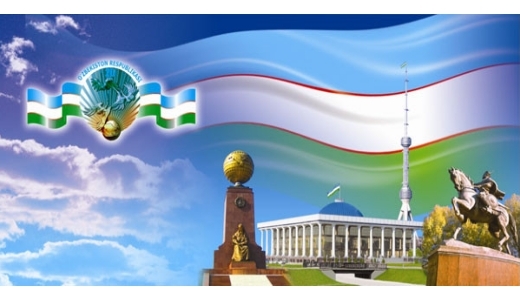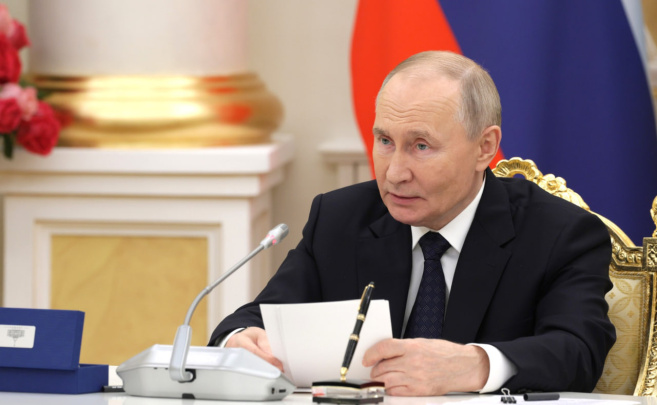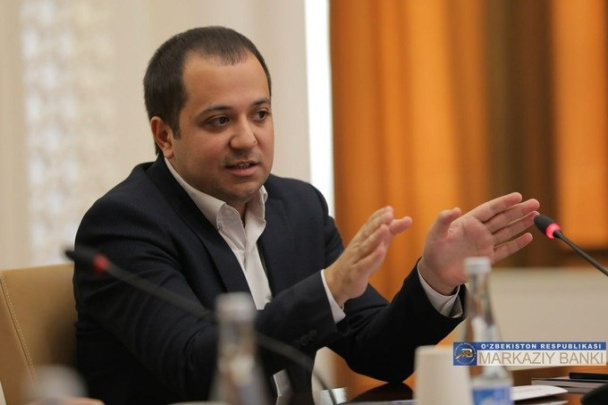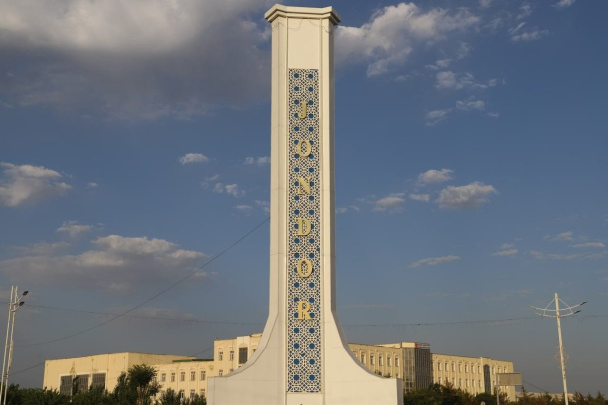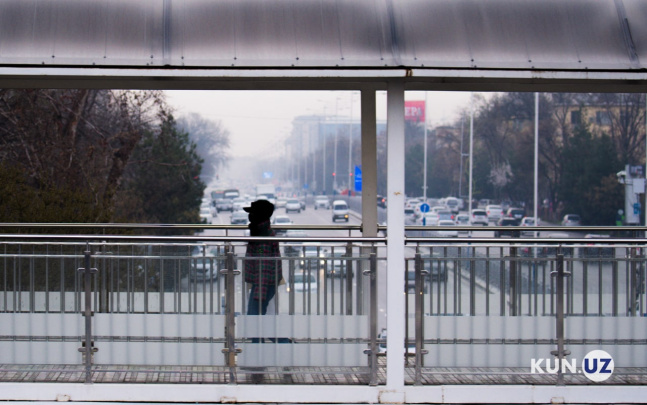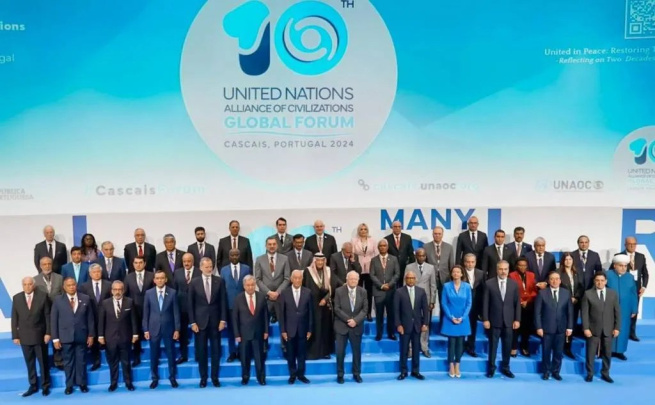A year has passed since the Ambassador of Malaysia to Uzbekistan, Norayni Abd Hamid, started her mission. She has 20 years of diplomatic experience, including the embassies of Malaysia in Germany and the U.S.
Presenting her credentials to the head of state on January 7, 2015, she assured that she will strengthen the close and friendly bilateral ties. On the eve of personal anniversary date (15 May), UT turned to the head of the Malaysian embassy with a request to share her assessments of the state of bilateral relations:
“Malaysia has a leading position in the Asia-Pacific – one of the rapidly developing regions that accounts for 54% of global GDP and 43% of total world trade.
Many Asia-Pacific countries have competent and prudent investment policies to attract foreign investment. In this connection it is appropriate to note that the implementation of Malaysia’s 11th National Industrial Plan approved on 21 May 2015 and designed for 2016-2020, as much as $72 billion is assigned, which will allow bringing per capita GDP in the country to $15 thousand.
By 2020, the national program “Vision 2020” launched in 1991 will be completed, which will allow Malaysia to join the ranks of high-income countries.
Currently, Malaysia chairs the ASEAN – a regional format, with which Uzbekistan has established sector-based partnership.
In 2017, on 21 February, our two countries will mark the 25th anniversary of the establishment of diplomatic relations, and on 31 August 2017, the 60th jubilee of independence will be widely celebrated in Malaysia.
Like Tashkent, Kuala Lumpur attracts foreign investors who come to the country, knowing that their business is protected by the well-established mechanism of legal regulation. It is not surprising that over the years of independence, the two countries have nurtured a stable political dialogue, developed mutually beneficial economic cooperation and expanded cultural and humanitarian ties.”
Speaking about the state and prospects of Uzbek-Malaysian relations, Norayni Abd Hamid emphasized the progress made in the field of economic cooperation, and noted that the trade turnover in 2015 increased by 9.6% and amounted to $90 million, but the two parties are striving to amplify it, assured the diplomat. “During my mission in this country, I have followed closely the activities and decisions taken by the Uzbek government. The nation has been approving new laws aimed at improving the business climate and providing preferences for foreign investors. Undoubtedly, they will bear fruit and provide a flow of investment into the country.
We cannot ignore the existing large untapped potential for the expansion and deepening of trade and economic relations, including through the development and implementation of new joint investment projects, boosting the volume of mutual investments, arranging for reciprocal travels of business circles of the two countries.
Therefore, the nearest plans of the government of Malaysia include sending a business delegation consisting of more than 100 entrepreneurs to Uzbekistan, so that they get acquainted with the possibilities of the local economy. The activities of the Uzbek-Malaysian Joint Trade Committee will help identify new forms of cooperation, expand the range of exports, as well as search for promising areas aimed at long-term cooperation.
There is no doubt that the enhancement of business ties is in the interests of bоth states. In addition, Uzbekistan, located in the heart of Central Asia and bordering with all the countries of the region, is a very important market for the Malaysian business community. Private sector initiatives have a positive impact on other areas, such as higher education and tourism.
The field of education is one of the priorities of our cooperation. Today, the ministries of higher education of our two nations are at the last phase of agreements within the framework of the 2008 accord on the implementation of a point on the mutual recognition of university degrees. Bоth sides understand how important this document is for students who have graduated from Malaysian institutions, for a smooth integration into the labor market of Uzbekistan.
Every year, 10 to 15 Uzbek representatives are trained in Malaysia under the Malaysian Technical Cooperation Program.
Let us turn to another promising area, tourism. Existing scheduled flights of Uzbekistan Airways from Tashkent to Kuala Lumpur play the role of a bridge between the businesspeople of the two countries and potential travelers. Incidentally, the national airline of Uzbekistan is the only one among CIS countries who for many years has regularly carried out flights three times a week on the route Tashkent-Kuala Lumpur-Tashkent. It provides an opportunity to Malaysians to admire the historical and architectural monuments of Uzbekistan. Of particular importance for the nationals of Malaysia is a visit to the mausoleum of Imam Al-Bukhari in the village of Chelak in Samarkand region, which Malaysians equate to a “small hajj” (pilgrimage).”
Source: Jahonnews.uz

